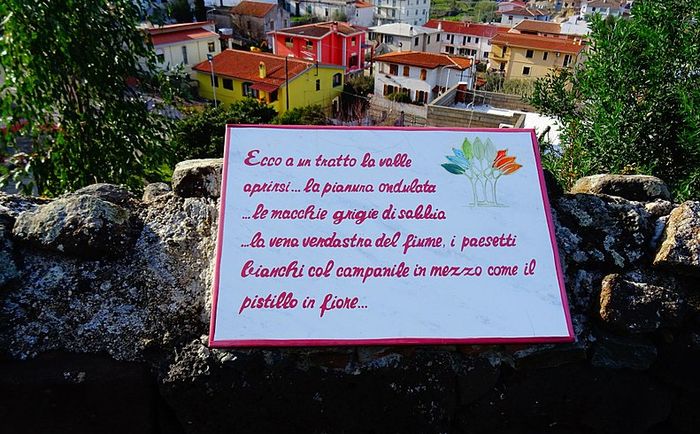Batora` house, with its carved wooden balconies, commanding a view of the church, stood out against the clear horizon in the ruddy September sunset, like the painted landscape in the background of the picture of the Resurrection over the altar. But the house was desolate and spiritually empty, as was the soul of her who occupied it—and yet it was so filled with all the material gifts of God.
Sardinian people
Sadurra, the only child of “Zia` Batora, had fallen in love with a young man, poor and of humble birth. Because of her social position the mother rebelled against this affection as almost unnatural, since, besides being wealthy, she belonged to that aristocratic portion of the Sardinian people called “Principali,” a class prominent and influential, and still imbued with the haughtiness of the Spaniards who were at one time the richest and most powerful of all the island` population.
But the beautiful Sadurra in her twenty-first year fled from the paternal roof to unite herself with the man of her heart, and the elope-ment gave rise to unlimited scandal in Bitti and the nearby villages.
The blow was a crushing one, and “Zia” Batora was totally over-come. Never had mother loved a daughter as she loved hers. For twenty years since the murder of her husband she had concentrated all her affection, all her hope, on Sadurra, picturing for her a brilliant future, which naturally included a husband rich, esteemed, and belonging to the “Principali”; such a man as could avenge the death of the father.
Golden crucifix
Now, every wish, every hope, every affection had vanished, and “Zia” Batora, kneeling on the hearthstone, cursed her daughter. She cursed the mother` milk which had given the child sustenance. She cursed her own gray hairs, and by the golden crucifix on her rosary she swore to never again think of her daughter except as a mortal enemy. And so she lived alone in a house void of comfort or hope. She saw herself dishonored, and felt keenly the triumph of those of her own position whom jealousy had made enemies.
No evidence, however, of grief or bitterness could be detected upon her pale and rigid features, none in her hard, cold, and sunken eyes nor on her thin, white lips.
“Batora is strong,” people said: “misfortune does not humble her.”
But her heart was shattered so that she could not weep. She only hated and—prayed. Many a time after listening to the counsel of enemies, or even friends, she was prompted to pay an assassin to kill Peppe Nieglia, the husband of Sadurra; but religious fear had always stood in the way of such a crime.
Read More about Tour Packages Balkan








